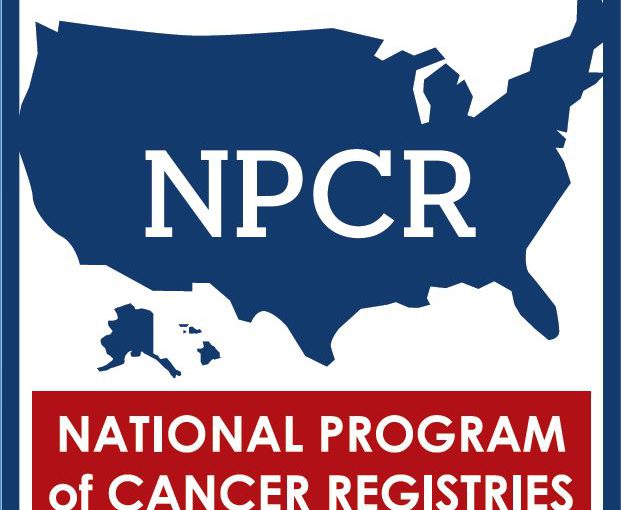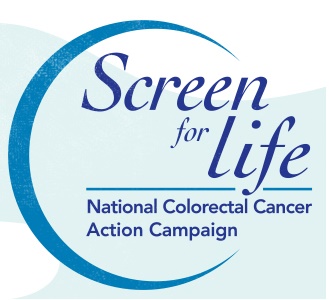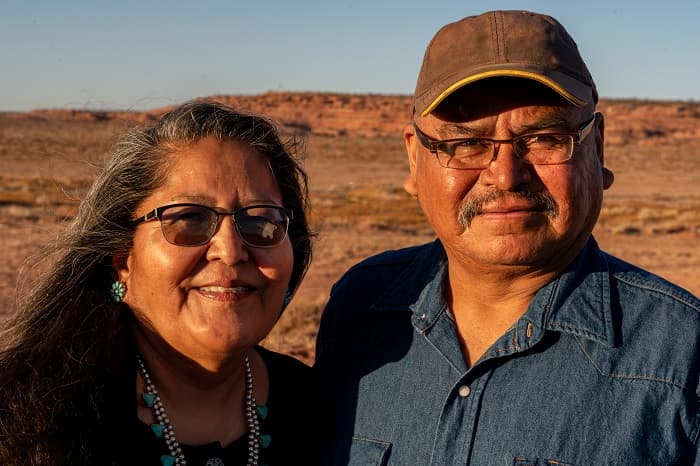The Topic Is Cancer Posts
State Cancer Registries Study COVID-19 in Patients and Survivors

Two state cancer registries were quick to recognize the need to collect high-quality information to understand how COVID-19 was affecting people with cancer. Read More >
Posted on by Leave a commentYour Life, Your Lifestyle: How Men Can Lower Their Chance of Getting Cancer

Men, June is the time of year when our families and friends acknowledge how much they care for us. Father’s Day and Men’s Health Month are celebrated this month. This is a time when we should also focus on ourselves. Read More >
Posted on by 1 Comment45 Is the New 50 for Colorectal Cancer Screening

You may have heard by now that the new recommended age to start colorectal cancer screening has been lowered from age 50 to 45. When we started to think about messaging around this age change, we jokingly threw out phrases like, “You now get to be screened for colorectal cancer even earlier, starting at age 45—lucky you!” We know colorectal cancer screening isn’t anyone’s idea of a fun afternoon, regardless of which test option you use. Read More >
Posted on by 4 CommentsYou Can Love the Sun…and Protect Yourself From It

The message I hope others can take from this is to make sun safety a habit to reduce the chance of getting skin cancer. It’s also important to be aware of changes in your skin, so that if you do develop skin cancer, you can find it early. Read More >
Posted on by Leave a commentCancer Disparities Among American Indian and Alaska Native People

“The regional data was extremely helpful for the Tribes. They were able to use these data to get funding for cancer prevention programs that they hadn’t been able to do before. The data that were available previously did not show a need for such programs,” explains CDC field assignee epidemiologist, Melissa Jim. Read More >
Posted on by Leave a comment
